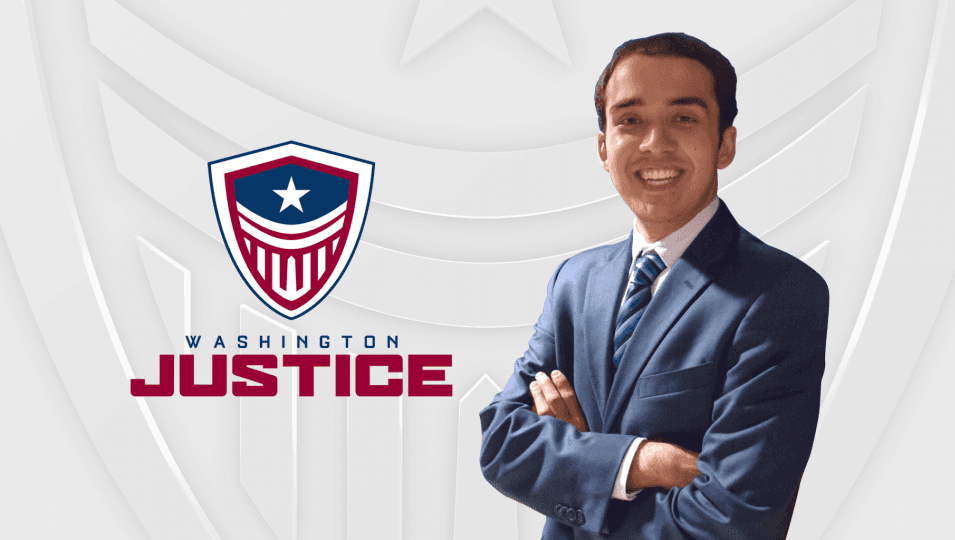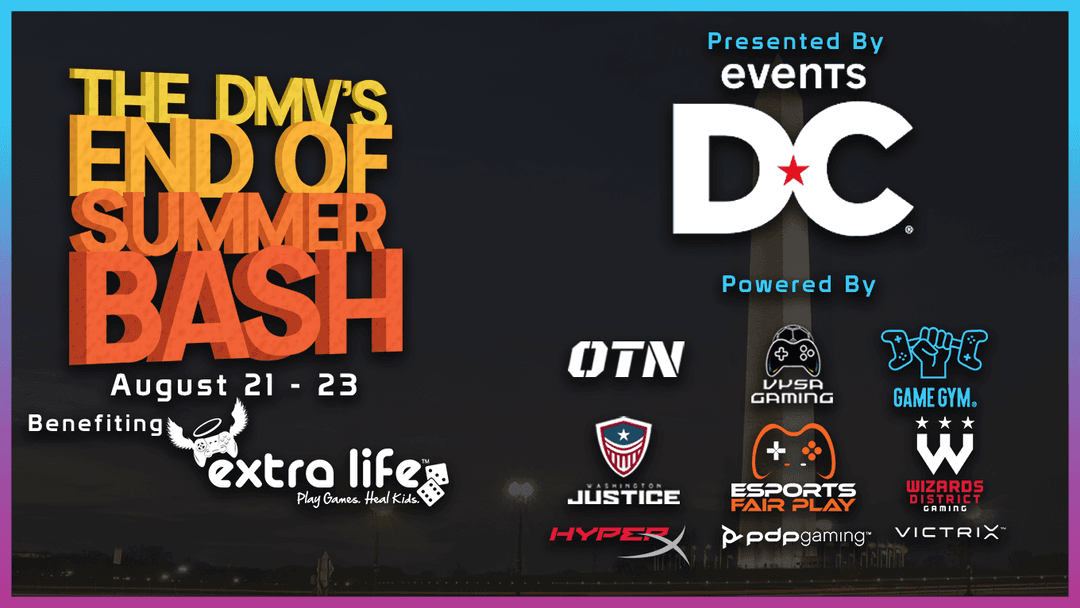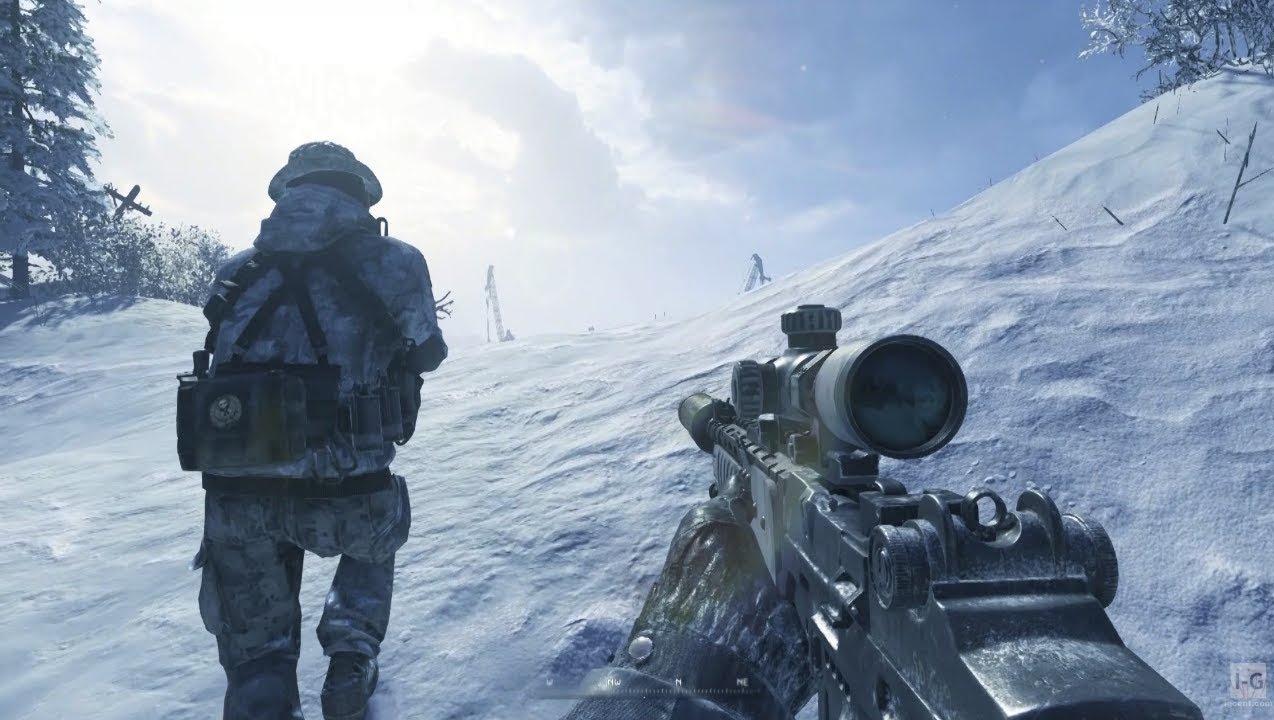
Washington Justice VP speaks on amateur Overwatch scene challenges
The Overwatch League and some of its teams aren’t having the best year in 2020. This was the season that should have seen homestand weekends and tournaments held all around the world. This was the season where some teams were supposed to have the right stability and tools to finally prove themselves.
But even with much of the league’s logistics having changed, Washington Justice vice president of esports Grant Paranjape is feeling confident about the future of esports, particularly Overwatch. That’s because there’s a lot of programs in place that are creating a foundation for younger players, teaching them how to not only be good at the games they play but also how to be a good teammate.
Game Gym is a business that runs programs for younger kids, helping them improve at various esports titles by focusing on their health and wellness, study habits, and teamwork. From August 21-23, Game Gym is hosting an esports event called Summer Bash. The various panels aim to spread awareness about the growing esports industry while simultaneously raising money for Children’s National.

WIN.gg spoke with Washington Justice’s passionate VP about the importance of esports programs for children, teens, and college students, as well as the health and fitness aspects of professional esports.
Why was it important for you to participate in the Summer Bash?
Paranjape: On a professional level, we view grassroots esports as something that is a key focus of our organization. When you have an industry that’s developed the way esports has, the professional scene has exploded. There’s franchised leagues and professional organizations operating across different titles. But what you don’t have is a structure.
There’s Academy and Contenders. But unlike the NBA and the funnel that works athletes into the NBA, there doesn’t exist that same structure for esports yet. There’s a lot of reasons why that is, but for us, we look at what all the collegiate organizations are doing and think, “How can we support you?”
So we host events. We provide university students with opportunities to work on homestands, giving them hands-on experience running an event with us.
When you have an organization like Game Gym, [founder Josh Hafkin] is the first part of the funnel. He has [kids] going into high school… He helps them first. If other organizations work with him and those kids and make sure they’re in the right mindset and developing healthy habits, they’ll develop what we want to see out of a professional player. We want them to have the skills necessary for when they grow up and want to work in the industry or play for a competitive team such as the Washington Justice.
Oh, you look tired! ????@aimgod_ow had some excellent Sleep Darts in our last match!#JusticeIsServed pic.twitter.com/L3ot8ZHYxv
— Washington Justice (@washjustice) August 11, 2020
You touched upon the structure issue when it comes to competitive gaming. A lot of Contenders teams in Overwatch have been dropped or otherwise ended. Why is Tier 2 Overwatch having such a hard time?
I don’t know if the problem is unique to Overwatch, but the accessibility of esports is almost what creates this challenge. If you are a 16-year-old prodigy at Overwatch or Valorant or League of Legends, you face a very difficult choice in that you essentially try to join a pro team right away, meaning you may not finish your senior year of high school or go to college. Or, you can try to go to college and balance playing competitively. Or you commit to college full-time and pass on the chance to play professionally a lot of the time. That challenge doesn’t exist in traditional sports.
[The decision is] a little more final in esports. You have such a narrow window of playing at the top level that you are forced to make that decision very early in life. For those reasons, it’s been tough for collegiate and amateur scenes to thrive.
What talent are you getting for those leagues? If you’re getting a collegiate Overwatch player, are they on the cusp of going pro but not quite good enough? Are you getting a retired pro? For a lot of those reasons, it’s tough for publishers to figure out what exactly the correct answer is.
For what it’s worth, I don’t pretend to have solved it. LCS has done a lot of good work mandating that they have Academy teams. I think that’s necessary, almost.
In the next five years, when we see the majority of schools having scholarships and [esports] varsity programs, esports can become a true option instead of a backup or secondary plan [for young people].
Esports’ new focus on health and wellness
What are some of the skills that you wish more professional players had, that they would have maybe acquired if they had the support of programs like Game Gym early on?
The joke I always make is, “I wish I could send all my players to college for a year and then have them.” You learn so much in your first year. How to do your own laundry, cook and clean on your own, have a roommate, and manage your free time with school time.
When you are getting someone who lived at home with their parents for the majority of their young lives, right after high school, they missed those experiences. And you see a lot of pro players run into challenges on teams. For what it’s worth, veteran esports players do a great job mentoring younger players. The veterans on our roster are quick to set some guidelines and really get younger rookies up to speed.
When you have an organization like Game Gym, you can get [young players]in a mindset to be a better player. They’ll know that they can’t lash out if a scrim doesn’t go well. They can better communicate how to improve for next time. If you’re eating McDonald’s every day for dinner, you won’t be playing your best. You’re not getting the nutrients your body needs. Getting players that already have healthy physical and mental habits, we’d love to see that at the professional level.
Why do you think this emphasis on physical and mental health has taken longer to take hold in esports?
One, it took esports some time to get to the level where teams had the financial resources to provide all those things. And two, being a sports psychologist and working with an esports team is very different from working with an NFL or NBA team.
I remember when I was at Monumental, we had a sports psychologist work with our NBA 2K team. There were some similarities, but it wasn’t a perfect translation of their skills. Esports teams needed the time and scale to provide those resources. Organizations and businesses that are providing those resources needed time to figure out how to do so.
What’s considered a healthy meal or diet for an esports player?
That answer is unique for us. We have an all-Korean roster. A lot of their tendencies are Korean food. We have a select number of establishments that we have gone over with the players. The usual meal is a rice or noodle bowl with protein and fresh vegetables.
Nobody’s perfect; breakfast can be Starbucks a lot of time. Everyone needs their fix in the morning.
So is it about having the right portions and fresh ingredients?
It’s about fresh ingredients and the right portions to an extent. It’s more about taking the decision-making and the mental effort to decide what to eat out of the equation for players. They have a specific time to eat, the food’s here, you eat it, and then you go back to team discussion or scrimming. It gets rid of that burden for the players, like traditional sports players.
Has your team implemented any physical fitness requirements or hired personal trainers?
[Recent events] have made this area a bit more challenging. Wherever the players are living, it’s important that they have a full gym. The apartment building where they live is fully equipped for them to utilize. As an added bonus, our practice facility also has a gym for them to use as well.
Unfortunately, both of them have been closed a fair amount. We don’t have anything implemented that the players have to follow. The majority do their own workout routines on their own. Next season, we’ll implement something more structured.
Without having that time in the gym, have you noticed a difference in your team’s performance?
I haven’t noticed anything with our current roster. But we had Stratus take a step back from the roster to focus on content creation. One thing that affected him, from a mental focus standpoint, was that prior to [recent events] he had a very active workout routine. He got upset when he couldn’t keep up with that anymore. He did mention that. It’s very unfortunate.
This has affected us all in different ways. We had players looking forward to travel and fans at homestands. We also had some that would also return to Korea during breaks. It’s been tough on a lot of them not being able to go back and visit friends and family.
Is there anything that newer esports players have been shocked to find out once they start playing games professionally?
The biggest transition is, whenever a young up-and-coming player becomes a pro, you’re taking your passion and something you do for fun and turning it into a job with structure and you don’t get to grind Genji on ranked all day. Instead, you have to follow the meta, you have to be Ashe because Tracer’s banned. It’s that transition.
That’s what collegiate and high school athletics are for; providing them that structure. GameGym and other organizationss that work with young kids that are interested in esports, they provide them with the introduction to that structure. That’s very valuable.
A lot of esports players have retired due to mental strain and stress. Why do you think that is?
A lot goes to esports being so new. Teams have been trying to figure out what’s an appropriate amount of hours to be scrimming, for solo queue, VOD review. A sport that has been around as long as basketball or soccer, they have a formula that works. We are getting better at it and getting closer to finding sustainable ways for players to have longer careers.
The other element is how often the games change. You have patches every month, every two weeks, hero bans every two weeks. It’s this balance between providing an entertaining product to viewers while simultaneously allowing it to be played at a high level. That’s very draining to keep up with the changes. It burns them out after a while. But esports will figure it out. It’s something we can get better at.
An underwhelming 2020 OWL season
Washington Justice hasn’t been doing too hot this season. Why do you think that is?
This season was not what we were expecting in many regards. For us, we have revamped our roster from mixed to all-Korean. That was a big change for us. We are looking at it as, how do we build for next season.
I feel like a lot of Overwatch teams are just focused on improving for next year.
It’s tough. In Overwatch, you don’t know what the meta will be. We had visa complications. We had two players step away from the roster. We had a management turnover. We’ve had our fair share of events we didn’t plan for.
We’re in a good spot now. We’re more competitive than [before]. We made signings for GM and coaching and players to build around our pieces for 2021.
Esports puts down roots
How does it feel to represent DC?
The local tie-in has been one of the biggest things esports never had. In college, I was a fan of Counter Logic Gaming because of Hotshot. Or Team Liquid because of Xmithie. Whoever. The allegiances I had were transient to the players on the roster and the team’s content, their brand. But it never matched traditional sports; that feeling that this is your team, this is your city. If you’re from Boston, you better be a Boston Bruins fan. Sports has these long-lasting allegiances just because of where they are based. That’s never been something esports had.
I was in the audience in SXSW when they announced OWL was going to be coming home for 2020 season. I remember thinking it made so much sense.
We brought our players home for a week last year and seeing the fan turnout for a little meet and greet at a bar… All of our fans were dying to meet the team. And they didn’t know when they’d see us again because we were based in Los Angeles at the time. Having this geographic tie-in does a lot from a fan-building perspective and it also gives players a real sense of what they’re playing for.
You’re playing for the fans in your city. Fans they’ve met. I know our players were blown away by the fans at homestand weekends. These are real people with signs, in cosplay, cheering, and booing the other team. Having that tie-in is what sets the Overwatch League apart.
Summer Bash is also centered around DC. But why should people who aren’t from the area attend the panels?
This event is locally focused on DMV, but no matter where you are, these panels are interesting and you’ll learn something, no matter where you’re from. It’s about celebrating esports, wherever it is.
I’ve gone to Philadelphia Fusion’s community events. I enjoy the 1v1 content they’ve been doing. I also went to NYXL’s community events. I think that’s the best thing about esports. You don’t have to live in the DMV to tune in or participate. If you want to check it out, I’d give it a go.
Recommended

Can a VPN really lower your game ping? Myths vs. reality
Do you really need it?

MrBeast takes action on Ava controversy, responds to allegations
MrBeast has launched a private probe.








